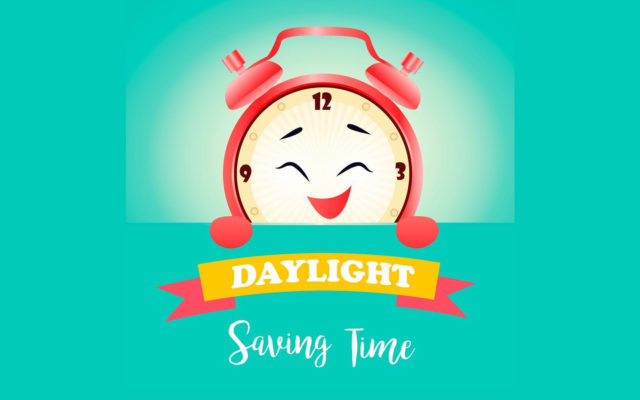How Daylight Saving Time Affects Your Health

To compile a list of health effects daylight savings time may have on a person’s health, 24/7 Wall St. reviewed over a dozen studies on the matter.
• There is a small increase in stroke risk. Changing the clock — both in the spring and fall — has been associated with an increase in stroke hospitalizations in the following two days. The overall rise was 8% in that period. Women were more susceptible to the clock changes than men.
• Suicide rates increase. The one-hour shift due to daylight saving correlates with an increase in male suicide rates in the weeks after summer time takes effect in March.
• More injuries at work. Studies examining data from the National Institute for Occupational Safety and Health show mining workers sustained more workplace injuries as well as more severe wounds on Mondays following the switch to DST.
• Cluster headaches are more likely. The most likely times for these painful headaches that occur in clusters were associated with the number of hours with natural light, according to the American Headache Society. The periods of intense headaches slow down about two weeks after the start of DST in the spring and its end in the fall.
• Daytime sleepiness may become a problem. If you can help it, do not take the SAT the day after DST starts. The changing clock adversely affects high school students, leading to daytime sleepiness, deteriorated vigilance, and increased lapses. A study published in the Journal of Neuroscience, Psychology, and Economics found a strong negative relationship between the time shift and SAT scores.
• The risk of miscarriages may increase. Researchers from Boston University Medical Center studied the impact DST has on pregnancy loss rate among women who have undergone in vitro fertilization. They found that miscarriage rates were significantly higher in the first three weeks after DST took effect in the spring and among women who had already had a prior pregnancy loss.
• Parents are less happy. Researchers in the U.K. and Germany examined well-being following clock changes in the spring and fall. They found that people experienced deterioration in happiness levels in the first week following the beginning of summer time. The negative effects were particularly strong, according to the study, among people with young children at home.
• Car crashes are more common. A study by British Columbia’s Ministry of Transportation and Infrastructure found a 10% increase in the average number of crashes in the late afternoon up to two weeks after DST ends. Driving in the dark has been pointed out as a possible factor.
• Sleep can be disturbed for about a week. The quality of a person’s sleep is affected just as the quantity is. The body’s natural rhythm is disturbed, and people end up waking several times throughout the night for up to a week after DST takes effect in March. The cumulative effect of five consecutive days of waking up earlier as a result of the fall change amounts to a net loss of sleep throughout the week.
You Might Also Like



